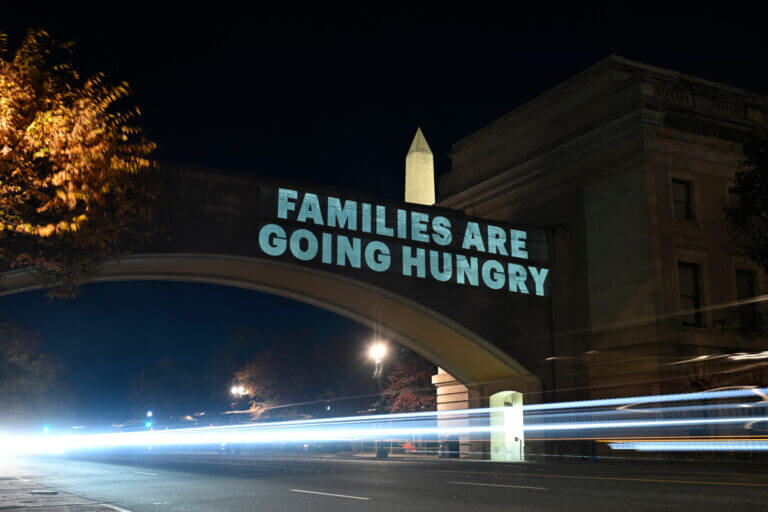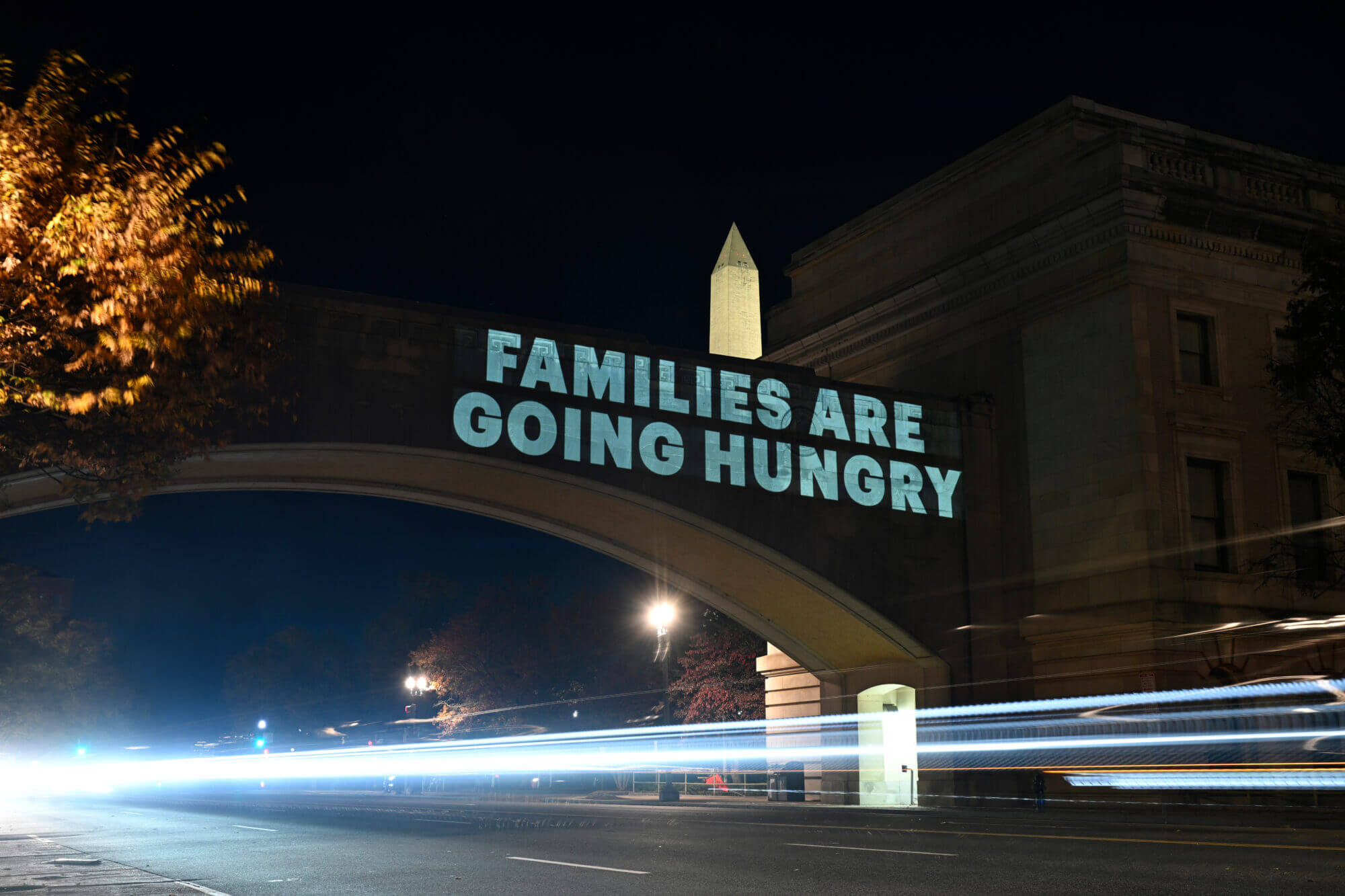

President Donald Trump finally found a line he would not cross when it comes to ignoring existing laws while carrying out his agenda.
And the line that he believes was constitutionally uncrossable was continuing the Supplemental Nutrition Assistance Program during the government shutdown. In the president’s mind, it was a bridge too far to provide food assistance to poor people while a congressional stalemate halted most government services.
During his presidential tenure, Trump has challenged a litany of laws. He argued he did not have to fund certain programs even though there were laws passed by Congress mandating those programs be funded.
After Congress and Mexico refused to provide money for a border wall in his first term, Trump shifted funds from other programs to begin work on the wall.
During this term, he has made himself judge, jury and executioner, killing people he said were drug dealers in international waters without providing any evidence.
He has taken it upon himself to demolish the East Wing of the White House, though many would argue there are guidelines – even laws – he should follow in making such substantial changes to the nation’s most iconic building.
Just last week, the U.S. Supreme Court heard arguments on whether he could usurp the constitutional authority of Congress and impose tariffs on his own.
Heck, he has even hinted at running for a third presidential term despite constitutional provisions clearly preventing such an effort.
During the shutdown that started at the beginning of October, Trump has found money to ensure that members of the military were paid, though there are questions of whether that is legal. Yet, no one challenged the paying of the troops. Most thought that was a good thing.
The list goes on and on of times when Trump, in the view of many, took actions contrary to existing laws. It should be pointed out that courts often cited his broad presidential powers in allowing him to avoid adhering to those laws.
But providing food assistance to about 43 million low-income Americans – about 40% of those being children – is the time when Trump said it would be illegal for his administration to act. He suddenly became a strict adherer of the law.
Never mind that some even argued that discontinuing the program during a government shutdown is illegal.
After all, never in the long and sordid history of government shutdowns has any other president stopped the food assistance program.
When lawsuits were filed, the Trump administration took the step of arguing in court that the program should be discontinued.
And after federal judges ruled that the program should be at least partially funded, Trump has sent mixed signals on whether his administration would follow the judicial order.
In Mississippi about 385,000 people – 12.13% of the population – receive SNAP benefits, with about 163,000 of those recipients being children. Mississippi has the nation’s 20th highest percentage of its population receiving SNAP benefits, according to numbers provided earlier this summer by the U.S. Department of Agriculture that administers the program. It is surprising the percentage is not higher since Mississippi has the nation’s highest percentage of people living in poverty.
According to USDA numbers, 67% of the benefits in Mississippi go to families with children and 41% are distributed to families with members who are elderly or disabled.
The monthly benefit in Mississippi averages about $180 per person.
A substantial number of needy Mississippians depend on the program.
Yet, no member of the Republican leadership in Mississippi – on the state or federal level – has made a public statement to gently argue to their fellow Republican in the White House that stopping the food assistance program might not be the right course of action.
As the shutdown in the program loomed, Gov. Tate Reeves to much fanfare announced he was asking for federal permission to ban recipients from using the benefits to purchase sugary soft drinks and food. But it was crickets from the governor when it came to asking the president to continue SNAP, even as pediatricians and lawmakers called on Reeves to help hungry Mississippians.
Unlike some other states, Mississippi has taken no action to provide state funds as a substitute for the loss of federal SNAP benefits during the shutdown.
In Congress, no member of the Mississippi congressional delegation spoke up for their constituents who depend on SNAP. Mississippi U.S. Sens. Roger Wicker and Cindy Hyde-Smith were silent.
If Trump said the program could not be continued, it must be so, they reasoned.
- Gov. Fordice, from different era, was judged much more harshly than President Trump - March 1, 2026
- ‘We can only go up from here’: Hope and apathy in Wilkinson County schools - February 28, 2026
- Community discussion grows around 24-hour child care in Hattiesburg - February 28, 2026